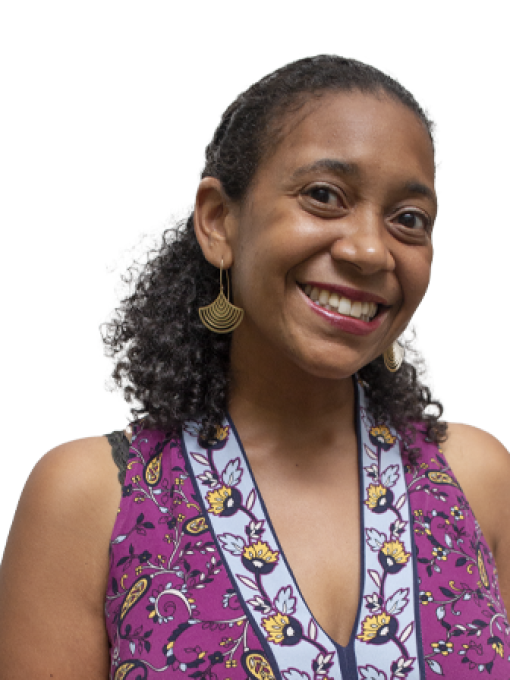“Not everything that is faced can be changed, but nothing can be changed until it is faced.”
I strive every day to put my faith, and the love at its heart, into action. I will always remember sitting in a Meeting for Worship in the early days of the Black Lives Matter movement and realizing that I rage because I love. Gwen Carr, Eric Garner’s mother, said, “I had to change my mourning into a movement, my pain into purpose, and sorrow into a strategy.” As Quakers say, ‘friend speaks my mind.’
As Black History Month begins, I again feel rage in mourning for Keenan Anderson, Tyre Nichols, and too many others. I strive to channel my righteous indignation into grounded action. Sometimes that action is reaching out to loved ones to check in on them. Sometimes it is going to a rally, a protest, a vigil, or a march.
Sometimes it is organizing and advocating to change the systems that maintain white supremacy, and those are the moments that I am most grateful for FCNL. While the world we live in was built on a foundation of white supremacy, the world we at FCNL seek centers racial justice.
Dr. Martin Luther King said, “The arc of the moral universe is long, but it bends toward justice.” We are the ones who help bend it and there are myriad ways that we can do so. Each of our FCNL issue areas are designed around bending that arc, and our new Statement of Anti-racism, Anti-bias, Justice, Equity, Diversity, and Inclusion (AJEDI) guides how we bend it.
It declares that “FCNL commits to treating anti-racism, anti-bias, justice, diversity, equity, and inclusion as central pillars of our work.” And specifically, “We see it as a priority to address the ways that racism shows up in our community and our systems and to confront it with courage and determination.” This racial justice journey is our path to the beloved community and the world we seek.
Our AJEDI statement is powerful, and the actions it inspires are even more impactful. We live our statement’s racial justice commitments through our recruitment of a diverse staff and network, through listening to those most affected by the policies for which we advocate, through bold advocacy that makes love visible, through our deep investment in dismantling racism and militarism in US foreign policy, and through so much more of our work.
Cornel West said that “justice is love made visible” and Kahlil Gibran said that “work is love made visible.” At FCNL we are working for justice.
We humbly recognize that we cannot fulfill our racial justice commitments alone, and we partner with initiatives such as the Poor People’s Campaign, Faiths United to Save Democracy, and the broader Washington interfaith community. FCNL is not only an organization, but also a community, and it will take all of us to live into our vision. White supremacy culture might have a distinct impact on each of our lives, but all of our liberation is connected.
I reflect often on the Friends Meeting of Washington banner ministry: “How does [my] life help end racial injustice?” and the call from African American studies professor Marcia Chatelain for a “love willing to risk.”
It does indeed feel risky to fully face the pain racism creates in our world and to reflect on our complicity in systems that uphold the oppressive status quo. It can even lead us to rage. May we love ourselves and each other through it and into action for justice.
FCNL invites our community to turn the vision of a world with equity and justice for all, in which every individual’s potential may be fulfilled, into practical policy change. There are many ways to act with us. I encourage friends to find the action that’s the best fit for them and then speak out and stand up with love.

